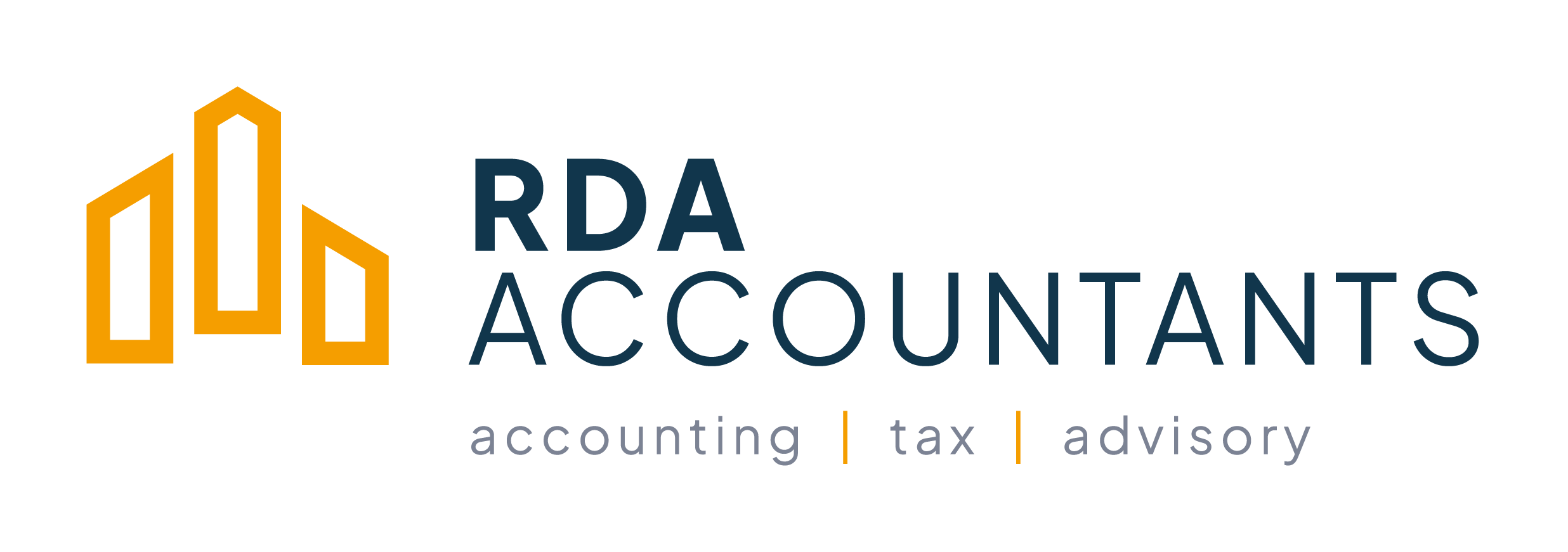If you're considering selling your pharmacy, it's essential to understand the financial intricacies...
Preparing Your Pharmacy for Sale: Financial Tips
When the time comes to consider selling your pharmacy, the preparation you undertake can significantly influence both the speed of the sale and the price you achieve. Selling a business is a multifaceted process, requiring careful planning and strategic financial management. For pharmacy owners, who operate in a highly specialised and regulated sector, the stakes are even higher. Below, we outline essential financial tips drawn from our extensive experience to help you prepare your pharmacy for sale, ensuring a smoother transition and optimising your returns.
1. Get Your Financials in Order
The first step in preparing your pharmacy for sale is to ensure that your financial records are comprehensive, up-to-date, and accurate. Potential buyers will conduct thorough due diligence, and having clear, organised financial statements will not only ease this process but also build trust. This includes profit and loss statements, balance sheets, and cash flow statements for at least the past three years. Consider hiring an accountant specialised in pharmacy sales to review and, if necessary, restructure your financials to highlight the profitability and financial health of your business.
2. Optimise Operational Efficiency
Operational efficiency directly impacts your bottom line and, by extension, the valuation of your pharmacy. Review your inventory management practices, supplier contracts, and staffing to identify areas for improvement. Reducing overhead costs and improving profit margins can make your pharmacy more attractive to buyers. Implementing or showcasing efficient, scalable systems and processes can also demonstrate potential for future growth, adding value to your business.
3. Understand Your Pharmacy’s Valuation
Valuing a pharmacy requires consideration of various factors, including financial performance, location, customer base, and market conditions. Understanding the valuation process and what buyers may be looking for can help you position your pharmacy favorably. RDA Accountants can provide expert valuation services, giving you a realistic idea of what your business is worth and helping you set a competitive yet reasonable sale price.
4. Plan for Tax Implications
The sale of a pharmacy can have significant tax implications, affecting the net proceeds you receive from the transaction. Early planning can help minimise tax liabilities. Consider the structure of the sale (asset sale vs. stock sale), the timing, and potential capital gains tax. Consulting with a tax advisor who understands the complexities of selling a pharmacy is crucial to ensure that you are making the most tax-efficient decisions.
5. Prepare for the Transition
Ensuring a smooth transition to the new owner is vital for maintaining the value of your pharmacy during and after the sale. This may involve negotiating a transition period where you help to transfer knowledge and relationships to the buyer. Preparing your staff for the change can also help preserve the integrity and continuity of service, making the business more appealing to potential buyers.
Conclusion
Selling your pharmacy is a significant undertaking that requires careful planning and strategic financial management. By getting your financials in order, optimising operational efficiency, understanding your pharmacy’s valuation, planning for tax implications, and preparing for the transition, you can enhance the appeal of your pharmacy to potential buyers and maximise your sale price.
RDA Accountants are here to guide you through each step, ensuring you achieve the best possible outcome in your pharmacy sale journey. Contact us today to chat to a member of our team for more information.




